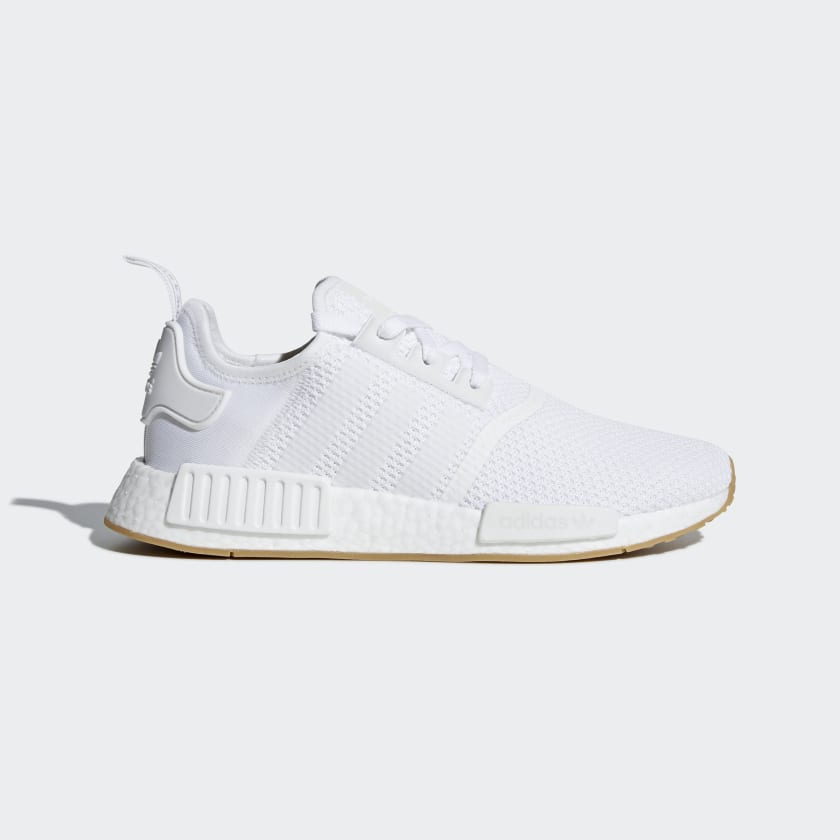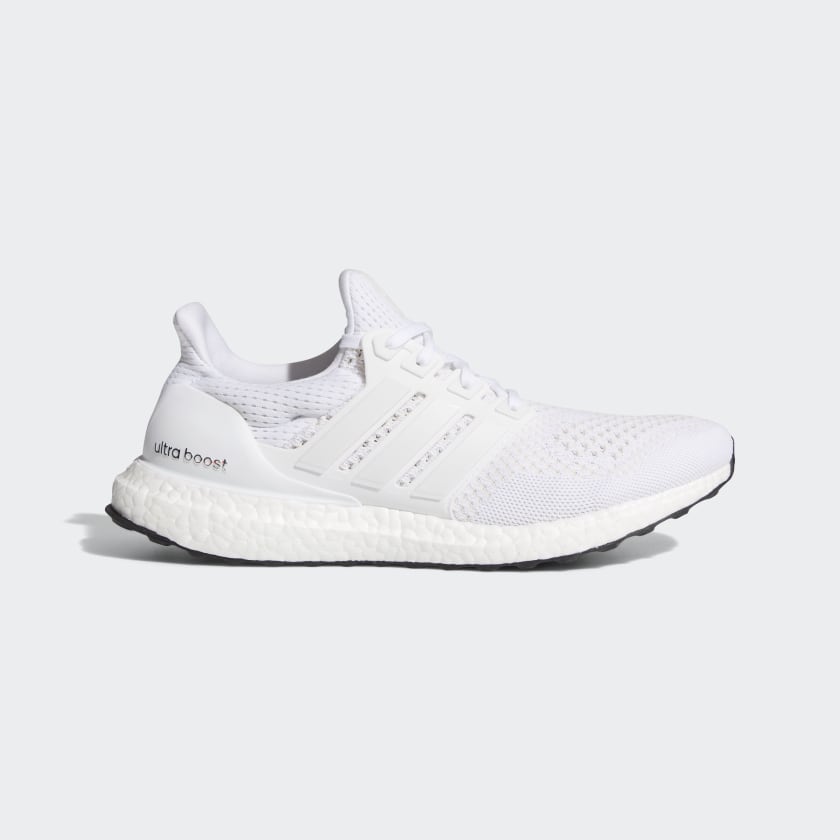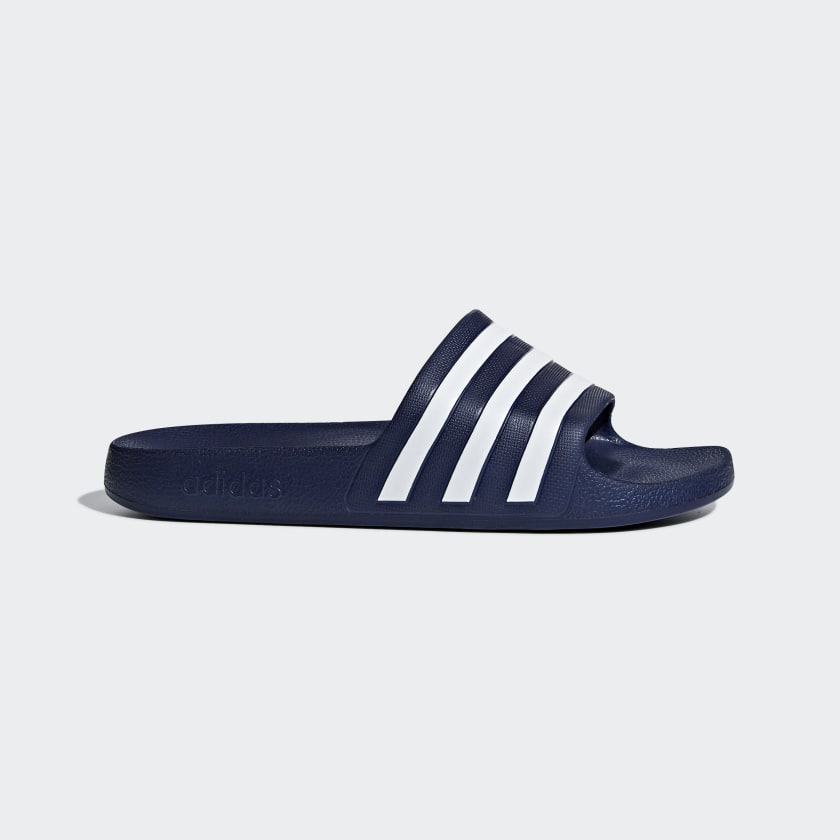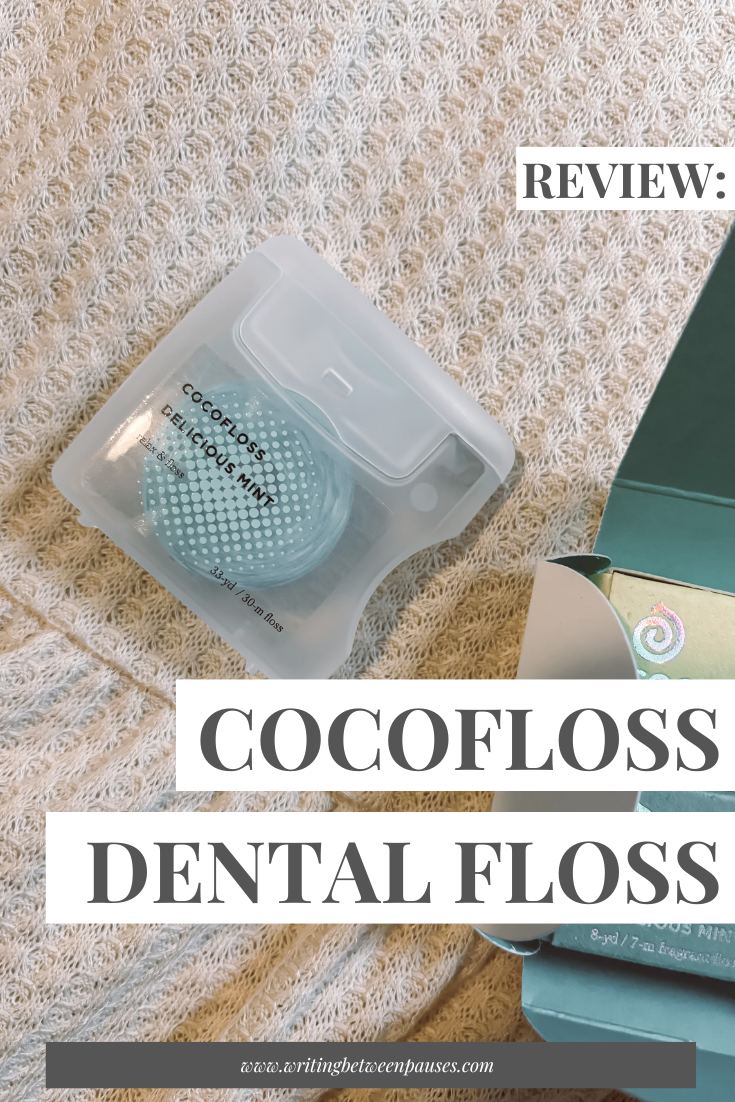I don’t know about you, but in 2020, working out wasn’t exactly on my radar. In the midst of so much turmoil, and with gym closures, it was just more hassle than anything else. I had a child home from school from March through June, I was running my own business for the first time in my life (more on this later), and I was just working to make sure that everyone in my life was safe. The most working out I did was going on roughly weekly long walks with Forrest. These were a soothing way for us to spend some time together and it allowed Forrest to get all his energy out (especially since I didn’t have 3 hours for him to go to school and play with other kids anymore).
It goes without saying: not working out for a year had a huge impact on my life. Not so much on my body, although I’ve definitely noticed more aches and pains in the last year (that might be because I’m 32, though).
There was a time where I worked out every single day, where I looked forward to it. After I had Forrest, that number shifted from every day to 3 times a week and I’d take him walking in his stroller frequently. The older he got, the less time it felt like I had—plus, I couldn’t just pop him into the stroller with a snack anymore.
When 2020 started, I remember feeling a surge of guilt about my gym membership: I still had it, but I wasn’t using it. After I got laid off, I just didn’t feel like I had the time for it. I was working all the time and burnt out at the end of the day. Plus, as Forrest got older, he stayed up later and bedtimes somehow became more difficult. There were a lot of things happening.
This is all to say: working out hasn’t been on my radar for the last year or more. But all those aches and pains I’ve been feeling have made me think about it more and more as well. Plus, I’ve been doing the (challenging, difficult, strenuous) work of removing the link between “working out” and “losing weight” in my own mind. (I encourage you, as well, to take on this work, although, as I said, it’s really, really hard.) That meant not working out. That meant looking at my life and how I think about my body differently. All good things. Powerful things. Things I needed to do.
On January 1, 2021, for the first time in my life, I did not set a goal about my body. Instead, I wrote about my anti-resolutions and how one of mine this year is to not try to change my body—but rather to work with it, to treat it with respect and kindness. For me, this is a huge moment and I want to hold space for myself to feel however I need to feel about it.
When we talk about wellness, and diet culture, and health, we often hear the phrase: “lifestyle change.” Lifestyle change has, like wellness, become a codeword for weight loss. In that way, I don’t love the term “lifestyle change”—but I think there is potential for us to rethink what lifestyle changes are and can be, how we can use them in our lives. When the New Year comes around, we all have this desire to try to make the best of our lives—and how else can we describe that other than… a lifestyle change?
Without further ado, here are 3 lifestyle changes to consider for 2021 that have nothing to do with weight loss and everything to do with honoring yourself. All of these lifestyle changes have to do with improving your life in ways that are meaningful to you and prioritizing your mental health.
1. Incorporating activity into your day
The thing about working out that I’ve learned over my life is this: if you don’t enjoy it, you will get nothing out of it. So when I say, “incorporate activity into your day,” I mean doing something you like. Do you enjoy yoga? Then do yoga. Do you like going for walks? Go for a walk! I used to force myself to do cardio and lift weights every single day and while I looked forward to it, I also hated it—and I don’t think, at the age of 32, I’ll ever be able to force myself to sweat out 45+ minutes of cardio ever again. I simply don’t have the patience.
What I can do is bike for 30 minutes a day. Or use my standing desk throughout the day. Or go for a hike on the weekends. There is so much activity that I do enjoy and I no longer wish to participate in the parts I don’t like.
By incorporating activity into your day in a way you enjoy, you get all the positive aspects of working out without any of the kind of ucky ones. That being said: if you aren’t at a point in your life where working out works for you, or you don’t have the energy, or it is too triggering, there are so many ways to be “active.” Taking an evening walk. Cleaning your kitchen. Dancing to your favorite song. These are low stress ways to honor your body without being too intense.
On this note, I firmly believe in treating yourself. If incorporating activity you love into your day is something you’re interested in, then I have a few recommendations for gear. I’m a huge fan of leggings and sweatshirts (It’s what I wear… every day?) Here are a few favorites from Adidas.
2. Adding journaling to your day
Listen, I love journaling. I will never stop writing about journaling, talking about journaling, and encouraging others to journal. Journaling in a way that makes sense for you—whatever that means for you—is something I’m so passionate about.
Here’s why: I think journaling is a great way to self-reflect, to reduce your own stress, to show gratitude not just to yourself but to others and your body and your world. Journaling is so many things. You can read all of my blog posts about journaling here.
I know many maybe wouldn’t consider journaling to be a lifestyle change—but I think by making time for yourself, even just 10-30 minutes in the evening, can be a huge lifestyle shift for lots of people. By taking that time to yourself, to journal in a way that is comfortable for you, you are changing the future of your life: you’re telling yourself that you’re allowed to take up space, to take up time, to prioritize your mental health and well-being. And that’s incredible.
If you’ve ever wanted to add journaling to your life, but just haven’t taken the plunge, I think there are tons of ways to do this. Here are a few ideas:
Using a paper-and-pen journal that you keep at your desk. Every morning, you can use one page for your to do list and one side for your journal. Don’t think of journaling as “I’m going to write out my whole day”—but rather, I’m going to reflect on my day or the previous day. You can write a whole page or a paragraph or however much you feel like.
Use a Google Doc.
Use your Notes app.
Use a day planner and just fill in that day’s square.
Text yourself.
Email yourself.
Like I said: there are tons of ways to journal that aren’t just sitting down to write in a journal, like a Dear Diary scene in a movie! You can use a Passion Planner to memory keep, a day planner, your Google calendar—so many options! These are just a few. If you want to start with journal prompts, well, I obviously have a ton of those as well.
3. Working on a daily schedule
There were some days between March and July that were just… whatever. Whatever worked! Candy for breakfast, bread for lunch, something low energy for dinner, the TV on at 7am and not turned off until 7pm, watching movies in bed with popcorn. Whatever. It was survival.
But I don’t thrive in that kind of life and neither does Forrest. Since September, we’ve been working to get back to a daily schedule—not the same thing everyday, but at least something where he (and I!) know what to expect out of each day. This is the day we go to school, or this is the day we go get groceries, or this is the day we go for a long walk.
This is a massive change to your lifestyle. If you’re struggling with burn out, with a lack of self-care, with feeling like you have no control over your life, I can’t recommend working on a daily schedule enough. It gives your day structure.
I feel like this is something a lot of moms learn pretty fast. After you have your baby and you have this very fragile, squishy newborn in your house, you can quickly get overwhelmed and the parts of your life that used to be so sure just… fall away. It’s harder to just run to the store; it’s harder to make breakfast, and morning coffee; it’s harder to get out the door to work; it’s harder to find purpose in each day when you feel totally overwhelmed. Trust me when I say: a schedule helps. It helps so much.
I have a whole series of posts about establishing a daily routine or schedule. These will help you determine what you want in your day, how to get started (the truth is: you just start!), and a few other things to consider.













_crystals_White_FX7482_01_standard.jpg)














